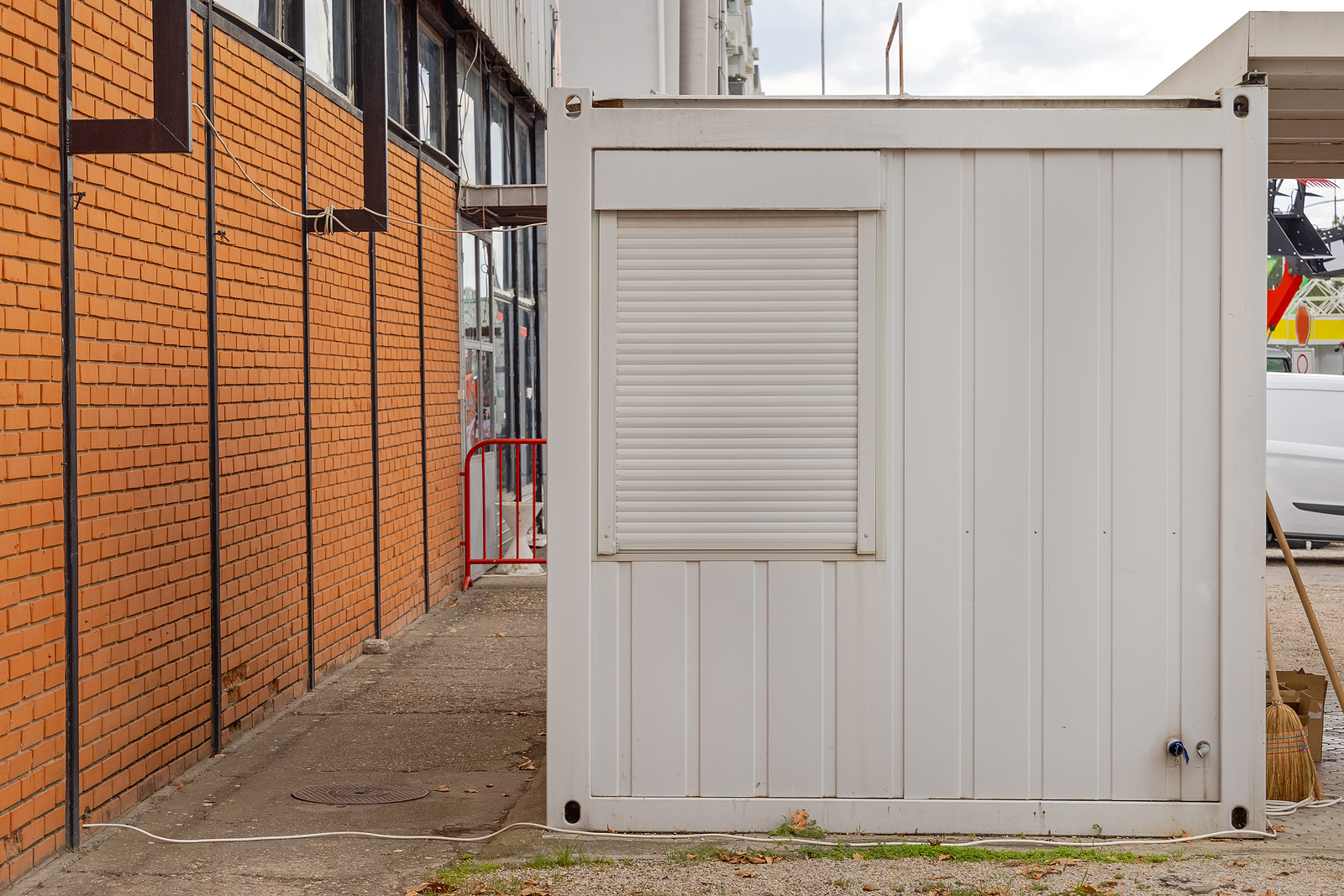The cost-of-living crisis has left many people struggling to pay their mortgage over the last few years, forcing some to sell their houses and downsize or move into rented accommodation.
It has also meant that many people who had been saving for a deposit are still unable to get on the property ladder, thanks to sky-high mortgage rates and steep household bills.
This is one of the many reasons why lots of homeowners have looked for alternative solutions to traditional bricks and mortar, including buying a converted shipping container.
To find out more, read on.
Rising house prices
Although house prices have experienced a drop over the last couple of years, they are beginning to creep up again. Therefore, anyone who had been unable to purchase a property when they were low will certainly be unable to do so now.
According to the latest Halifax House Price Index, the average value of a home in the UK was £292,505 in August 2024, which is over £12,000 more than the previous August, having increased by 4.3 per cent.
The cost of buying a shipping container is significantly less, even with having to purchase the land it goes on as well.
For instance, Robyn Swan purchased seven acres of land in Stirlingshire for £185,000 in December 2023 and converted a 40ft container to live in.
Steep mortgage rates
Even those who already own a property will be tempted to make this move, as high mortgage rates mean their house that was once affordable may be becoming harder to pay for.
Although mortgage rates are not as high as they were at the end of 2023 when they soared following Budget changes, they are still costly, particularly when it comes to the much-coveted fixed-rate products.
The market-leading rate for a mortgage is 3.77 per cent, but it comes with a £1,495 fee and is only available on products with a loan-to-value (LTV) of 60 per cent. Therefore, homebuyers need to be able to provide 40 per cent of the value of the house in their deposit, which is unachievable for a lot of people.
With the Bank of England base rate standing at five per cent, it is unlikely fixed-rate products will fall in value significantly over the coming months, which is why homebuyers who cannot afford a mortgage and property owners who are finding their variable loan too costly to pay for might consider alternative living solutions.
Cheaper bills
Another reason to swap a conventional property with a life in a converted ship container is it makes energy bills considerably cheaper.
Ms Swan told BBC News: “My happiness is high and my bills are low, what’s not to love?”
While the unit is fully furnished, it does not have electricity or hot water, which means she uses harvested rainwater and heats up a cast iron bath on an outdoor fire if she wants a warm bath.
She also uses a wood-burning stove to heat up the building instead of relying on radiators or electric heaters.
Living off-grid might be perfect for Ms Swan, but taking residence in a shipping container does not always mean living without gas, electricity or hot water, as these can still be connected to the unit.
However, bills will be significantly reduced simply due to the fact that the property is much smaller. Therefore, it requires less electricity or gas to heat it up. What’s more, as it is more compact, residents will not need as much hot water, and will not have as many appliances on, reducing their electricity outgoings.
As utility bills remain high at the moment, being able to substantially lower these could have a significant impact for owners.

